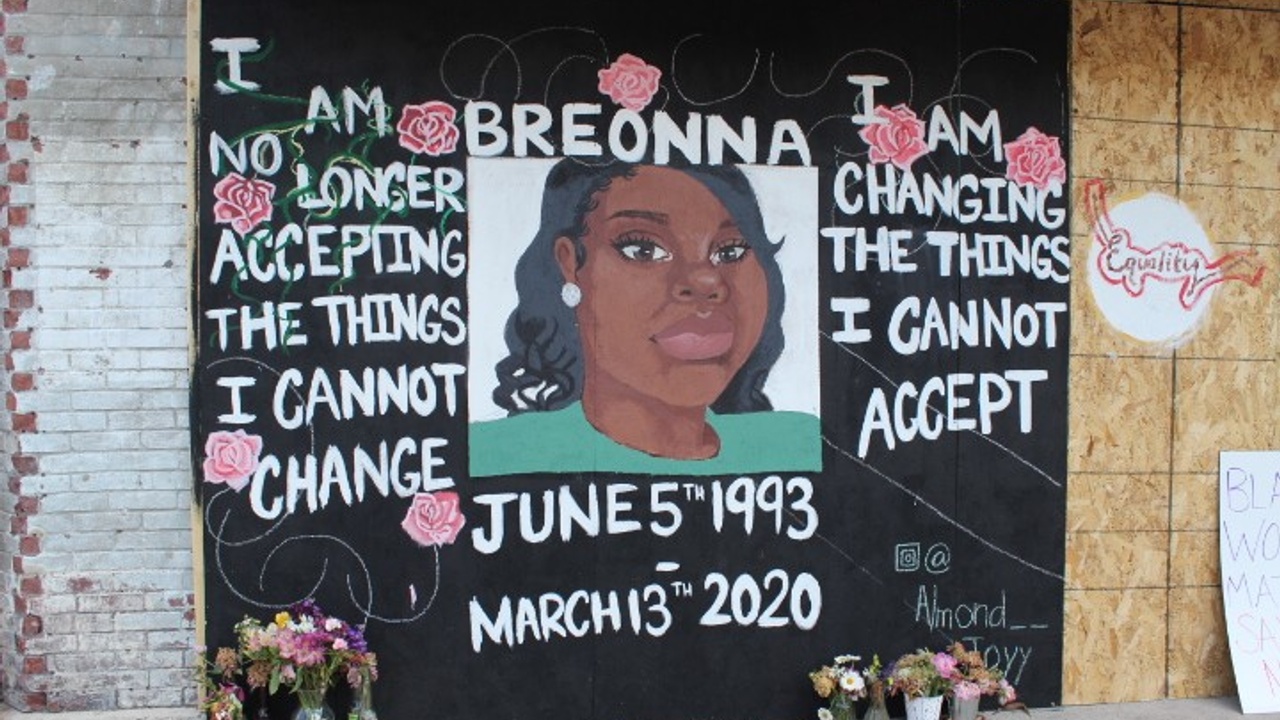Being A Healing Professional In Traumatic Times
Jun 11, 2020
Since I last wrote to you, the eyes of the world have been turned to the harm that systemic racism causes in the US and around the world. In the past weeks, we’ve seen militarized crackdowns on nonviolent protesters. We’ve watched police spray tear gas indiscriminately into crowds in the midst of a respiratory pandemic that is disproportionately killing Black people. And ten days ago yet another precious, irreplaceable human being, David McAtee, was lost at the hands of police in Louisville.
I am writing this both because it is a moral imperative to speak out in support of Black lives, and to talk about how I see our roles as therapists during this time.
My primary mission as a therapist and teacher is to help everyone free themselves from limiting and damaging belief systems and cultural structures. These include, but are not limited to, those that result in marginalization of many types, sexual shame, and relational distress. Learning about and working to change our deeply broken culture of white supremacy is part of that work, and cannot be separated from it.
The deaths of George Floyd, Breonna Taylor, Tony McDade, Tamir Rice and too many others at the hands of the American police are impacting us all deeply, though not equally. Remaining silent in this historic moment is not an option for me. Black lives matter.
Throughout these tragedies and in the midst of this state-sponsored violence, we have seen the leadership and strength of Black community leaders, and those of all colors following in solidarity. In Minneapolis, we’ve seen neighbors come together to protect one another, organize mass community food drives, and turn an abandoned hotel into a homeless shelter. We’ve seen solidarity marches in memory of George Floyd all around the world.
I’m in awe of the brave work of medics who take to the streets in hope of preventing and alleviating physical trauma sustained by protesters. But the trauma that’s being enacted is not just to bodies. It is also trauma to minds and souls, and particularly to the minds, souls, and bodies of Black and Indigenous people. It is trauma that has been institutionalized and built up over centuries. This is only the most recent outbreak of a chronic cultural disease. As healing professionals, we have an important role to play.
Therapy is not a neutral act. We deal with the effects of prejudice, violence, abuse, and marginalization. On top of the very dramatic trauma protesters are experiencing in the streets and by the videos of violence to Black bodies circulating ceaselessly, we know that living in a racist society as a person of color is a form of trauma. Part of the business of helping heal trauma is preventing trauma in the first place, and that requires that we all take a good look at systemic trauma and the part we play in perpetuating it.
Fellow white therapists, we can take this moment to educate ourselves more thoroughly about the effects of racism on mental health and to assess ourselves more deeply for the unconscious prejudices we all pick up by living in a racist society. One good place to start is with the brilliant work of Kimberlé Crenshaw; I highly recommend her podcast, which I’ve linked below.
It is important to seek out and follow advice from Black thought leaders, in order to be helpful, as opposed to well-meaning. I encourage you to join me in reading, watching, and listening to the works that have already been made, rather than asking Black people to educate us personally. Here are a few places to start:






